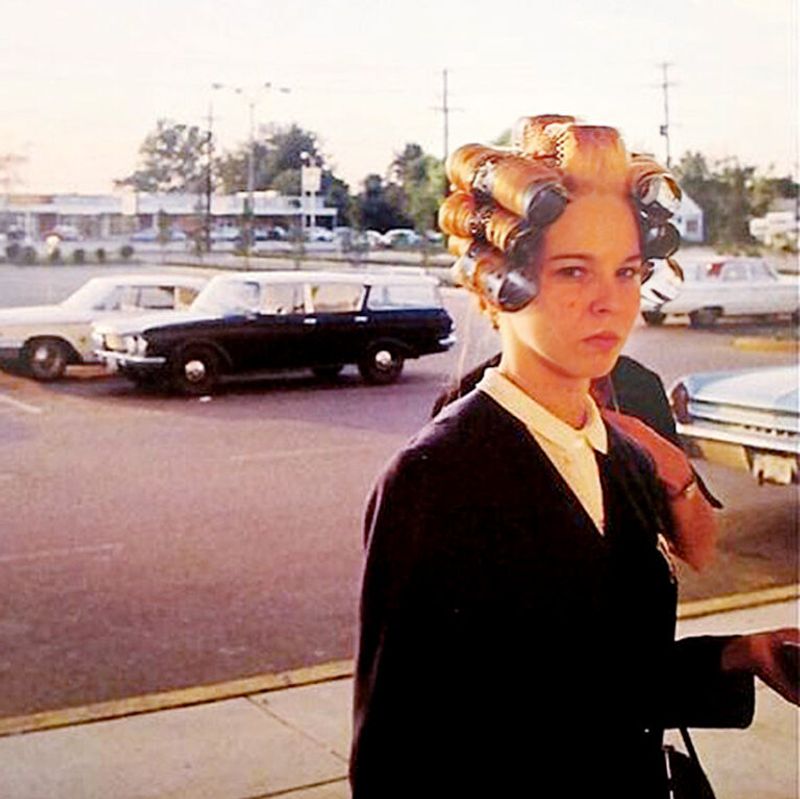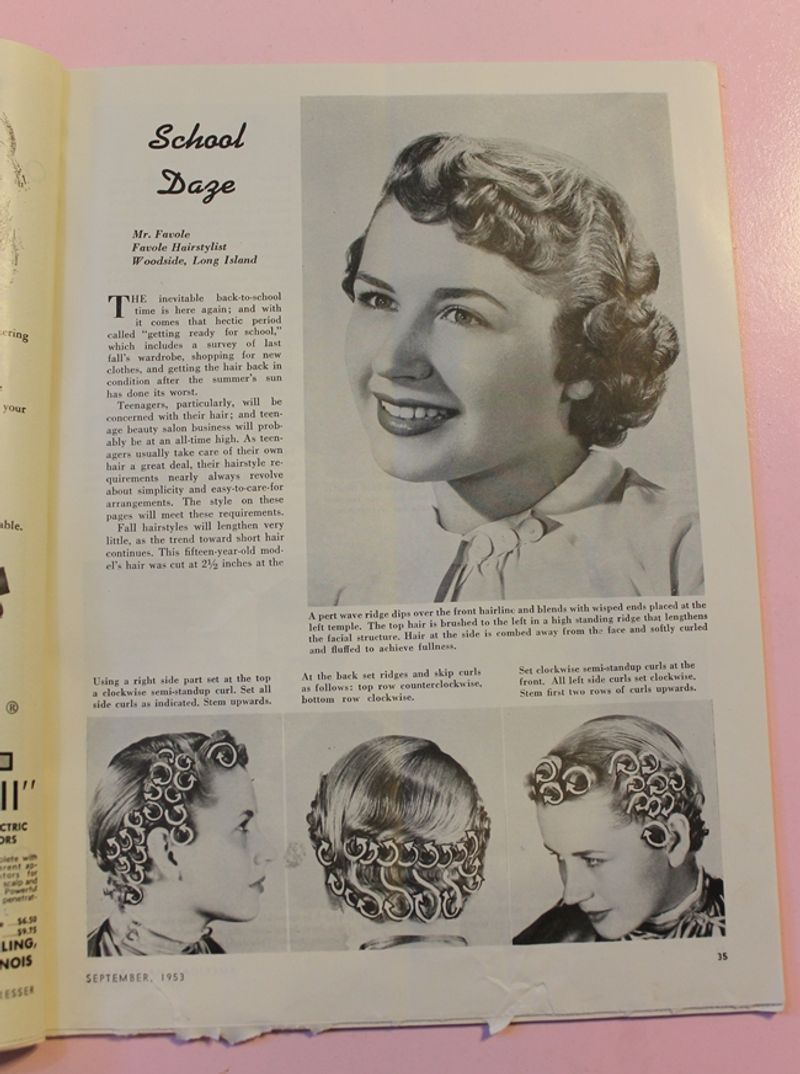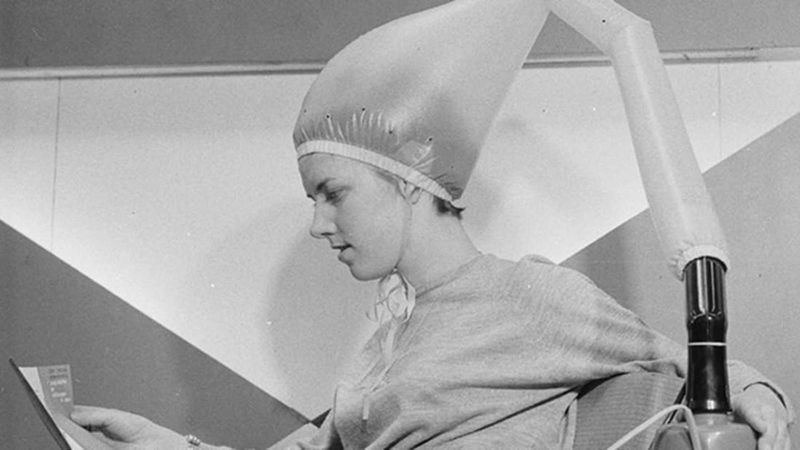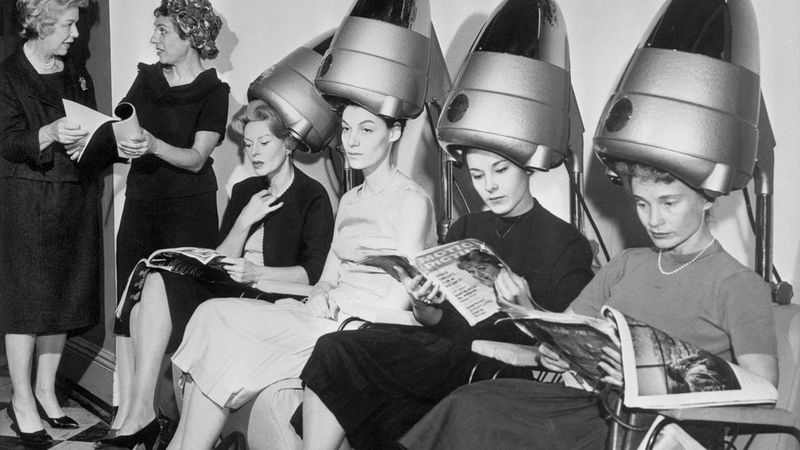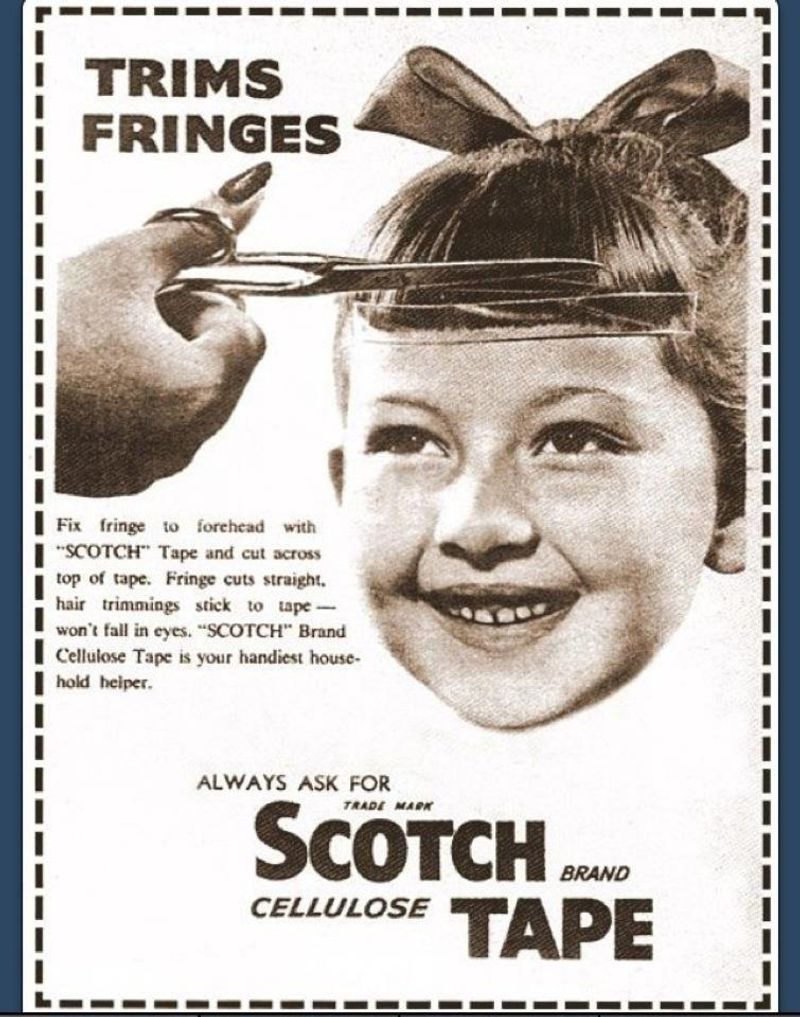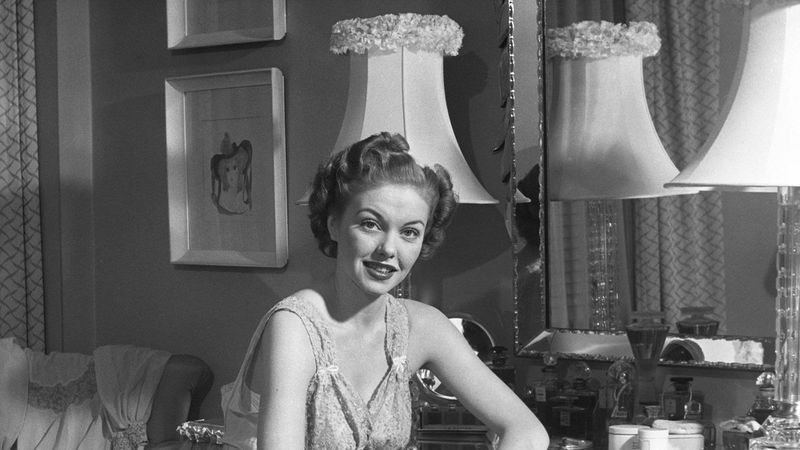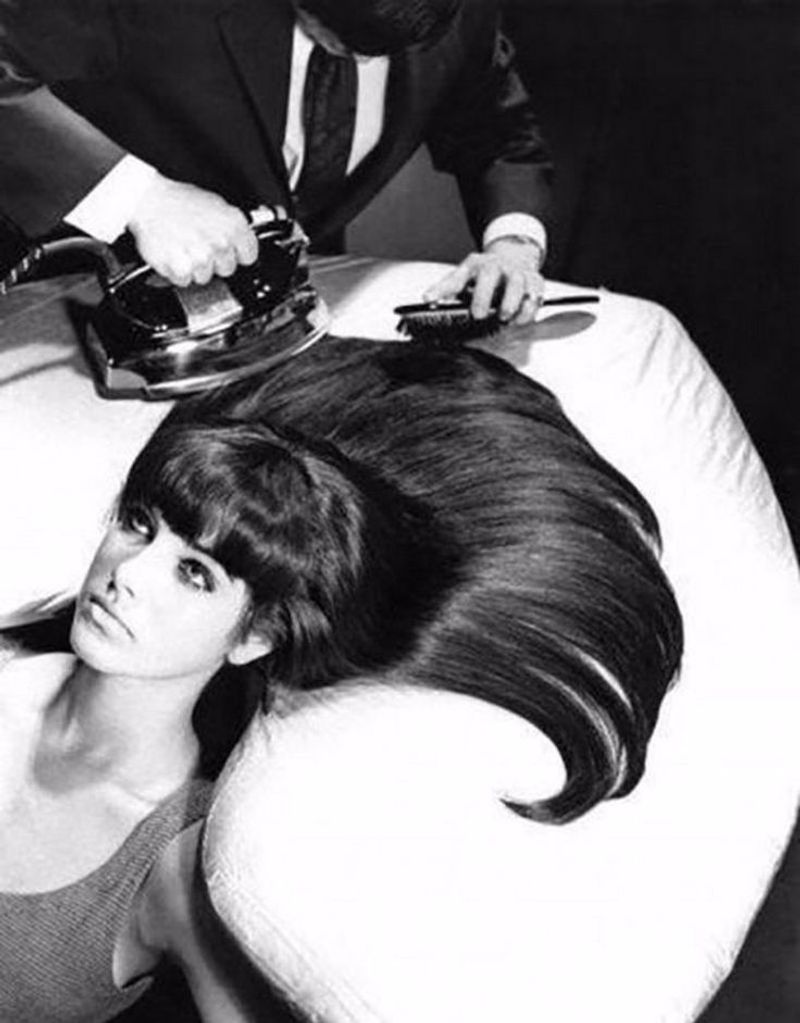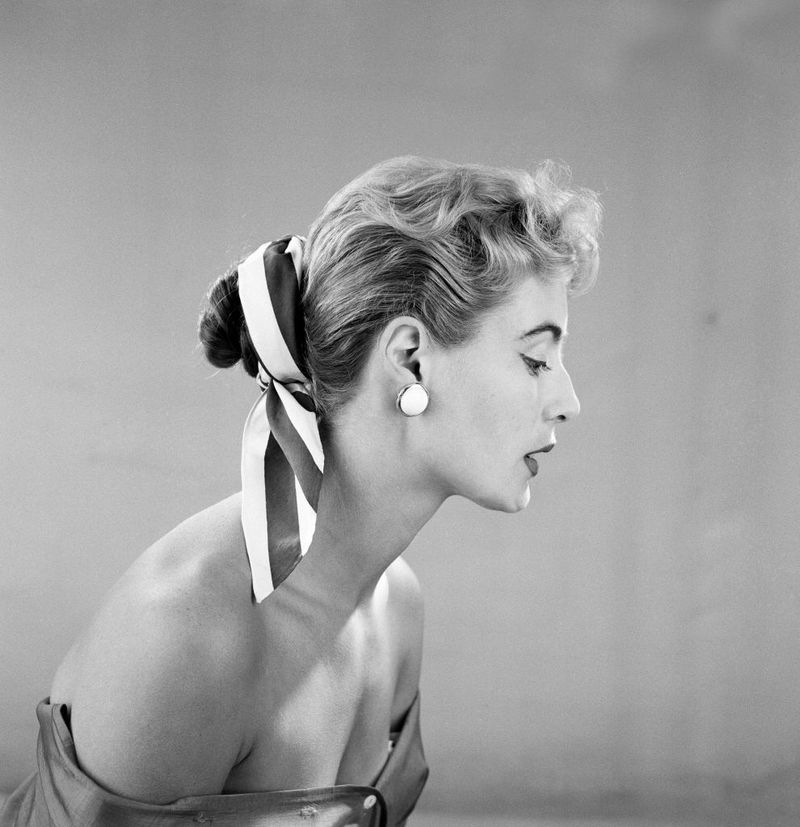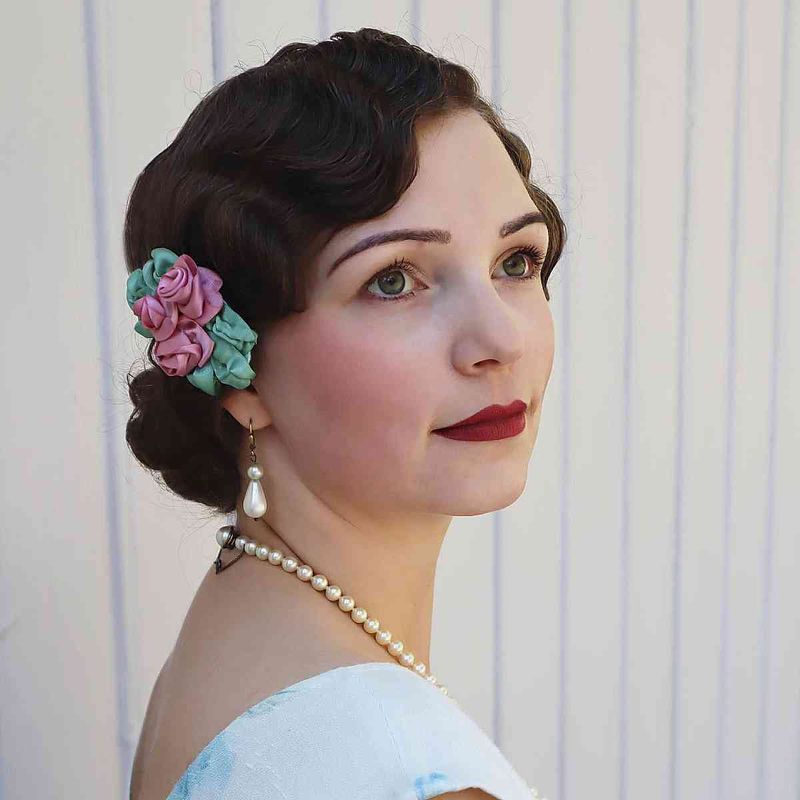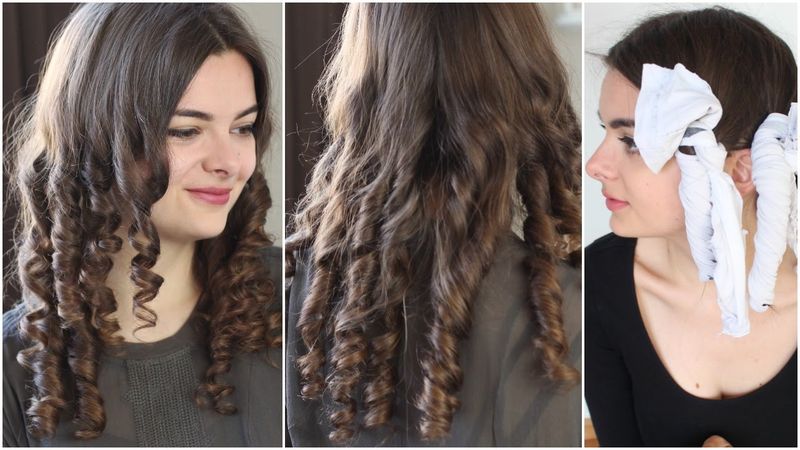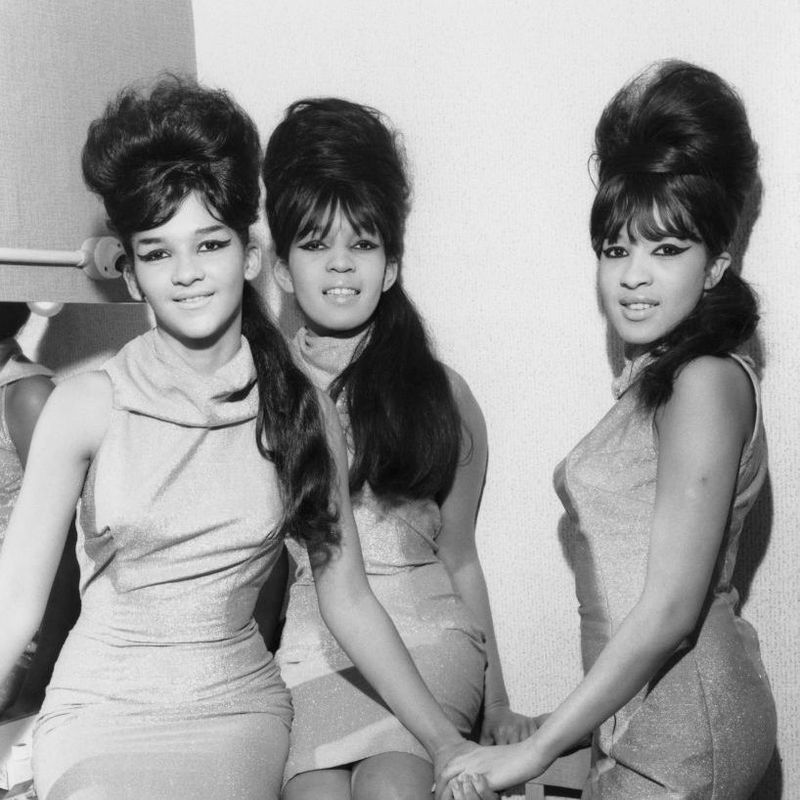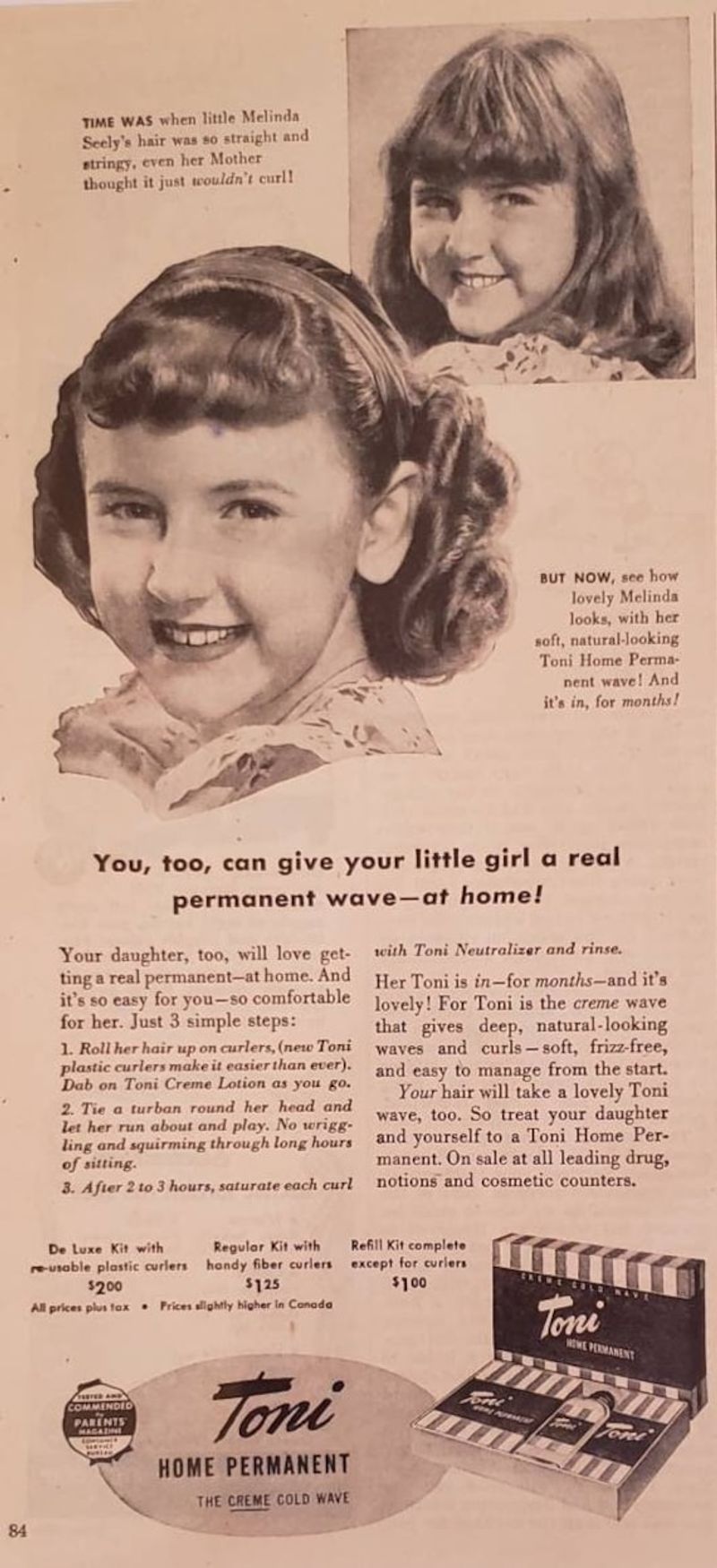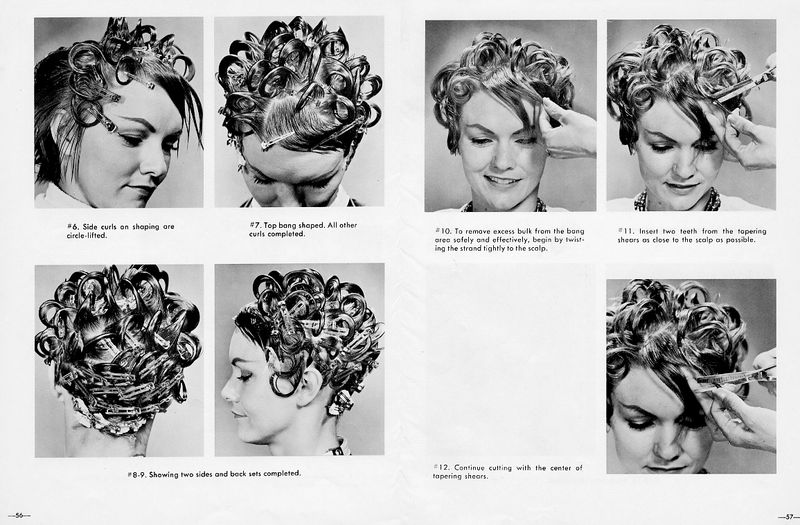Remember those hair care rituals from decades past? For women who grew up in the 50s, 60s, and 70s, hair routines were quite different from today’s practices.
From sleeping in uncomfortable rollers to enduring harsh chemical treatments, these nostalgic hair routines shaped generations and created lasting memories.
1. Sleeping in Brush Rollers
Metal and plastic brush rollers were a nighttime necessity despite the discomfort. Women sacrificed sleep for perfect curls, often using toilet paper as cushioning between the scalp and those pokey bristles.
Related: -15 Subtle Reasons People Stop Loving Their Hair as They Get Older
2. Pin Curl Setting Patterns
Creating perfectly placed pin curls was practically an art form. Girls learned specific setting patterns from magazines or their mothers, meticulously placing each curl to achieve those glamorous waves once dry.
3. Weekly Wash Schedule
Hair washing was a once-weekly event! Between washes, scalps were kept fresh with vigorous brushing to distribute natural oils. Powder shampoos and scented hair tonics masked any unwanted odors.
4. Bonnet Hair Dryers
Those massive plastic bonnets connected to heat hoses were salon staples. At home, portable versions required sitting perfectly still for an hour while your freshly set hair dried under intense heat.
5. Scotch Tape Bangs
For perfect straight-across bangs, Scotch tape served as an impromptu cutting guide. Smooth the tape across the forehead, trim along the edge, and voilà – precision bangs without a salon visit!
6. Beer as Setting Lotion
Flat beer created incredible hold and shine when used as a setting lotion. Women would apply it after shampooing, then set their hair. The alcohol evaporated, leaving behind proteins that added body.
7. Ironing Hair Straight
Before flat irons existed, actual clothing irons straightened stubborn curls! Hair was carefully arranged on an ironing board, covered with a thin cloth, and pressed cautiously to avoid burns.
8. Mayonnaise Deep Conditioning
Mayonnaise served as an all-natural deep conditioner for dry, damaged hair. The egg and oil combination was slathered on, covered with a shower cap, and left to work its magic for hours.
9. Dippity-do Gel Setting
The iconic green gel in a jar was every teenager’s styling essential. Applied with fingers or special setting combs, it created stiff, perfect curls that lasted through school dances and dates.
10. Rag Curlers Overnight
Strips of old fabric twisted into hair created gorgeous, bouncy curls. Unlike metal rollers, these cloth alternatives were comfortable enough for sleeping, making them perfect for special occasion prep.
11. Teasing and Ratting
Backcombing was essential for those towering 1960s styles. Using special teasing combs, women would vigorously rat sections of hair, creating a foundation for gravity-defying beehives and bouffants.
12. Home Perm Kits
Those pungent chemical home perms were weekend rituals. Families gathered to help wind tiny rods, apply smelly solution, and time the process perfectly. One mistake meant frizzy, damaged results.
13. Lemon Juice Lightening
Summer highlights came from lemon juice, not foils! Girls would squeeze fresh lemons into spray bottles, spritz their hair, and bask in the sun. The citric acid gradually lightened strands naturally.
14. Baby Oil Sunbathing
Before sun damage awareness, baby oil created the perfect sheen for sunbathing hair. The oil intensified the sun’s effect, adding natural highlights while creating a sleek, glossy appearance all summer long.
15. Setting Lotion and End Papers
Tiny squares of tissue paper wrapped around hair ends prevented roller marks. Combined with setting lotion, this technique created perfect curl definition without the telltale crimping that rollers often left behind.


